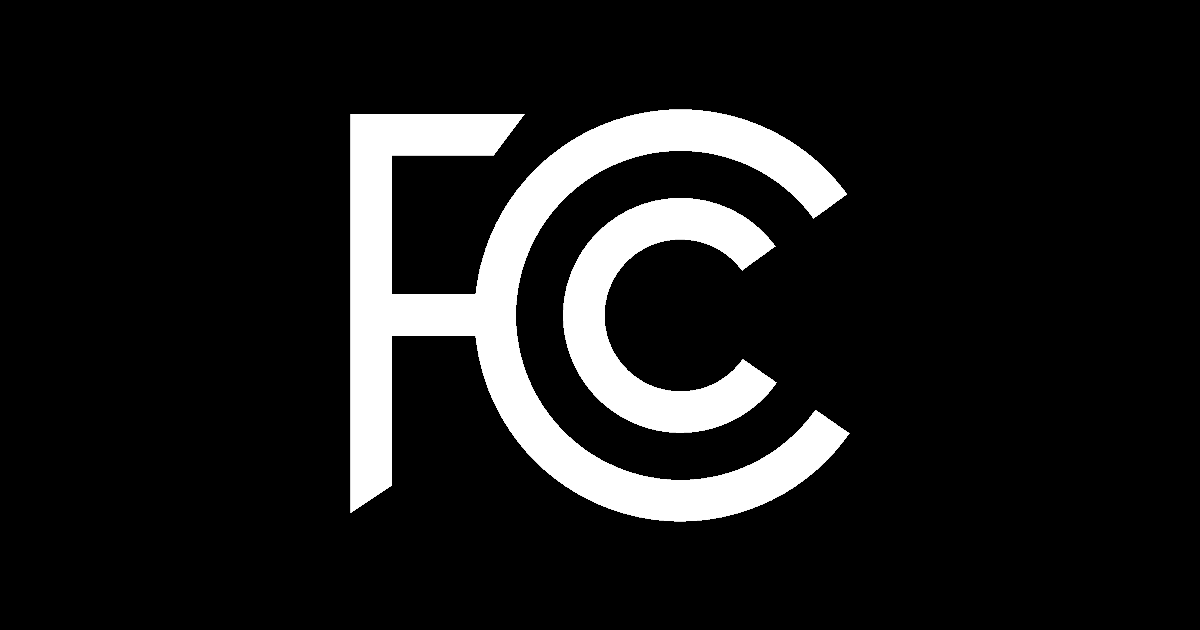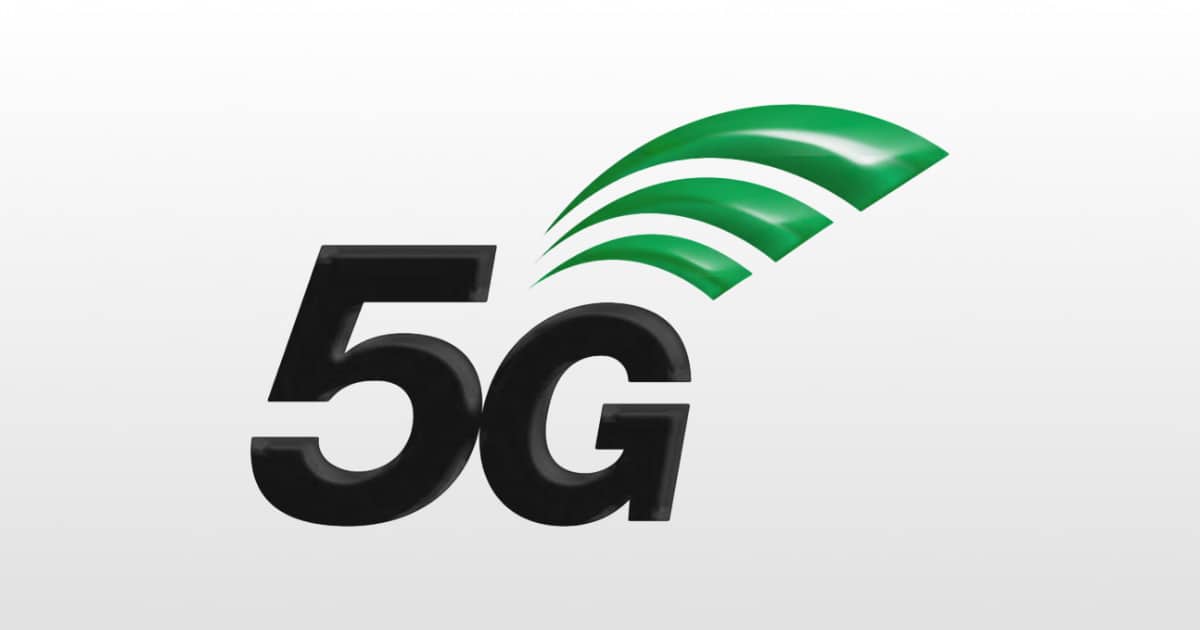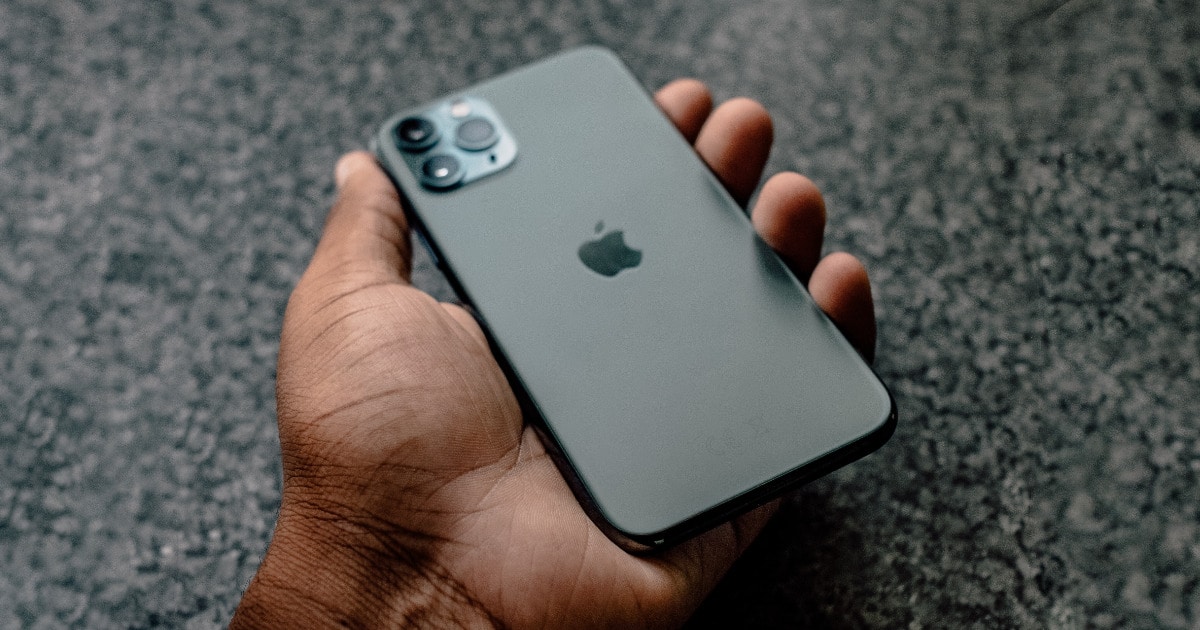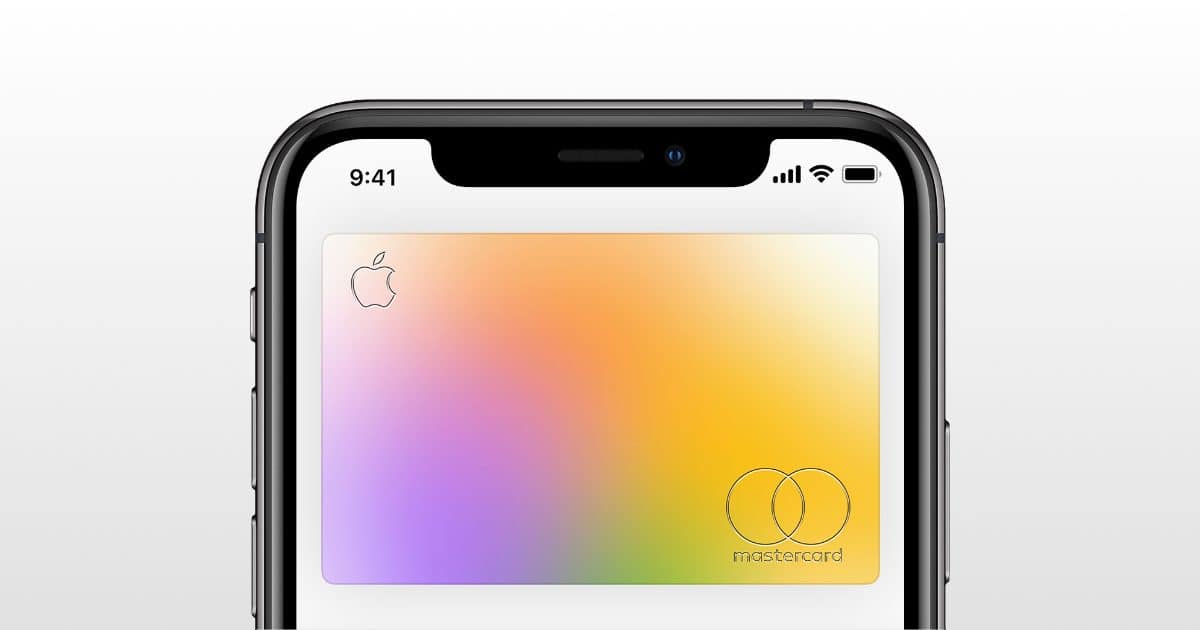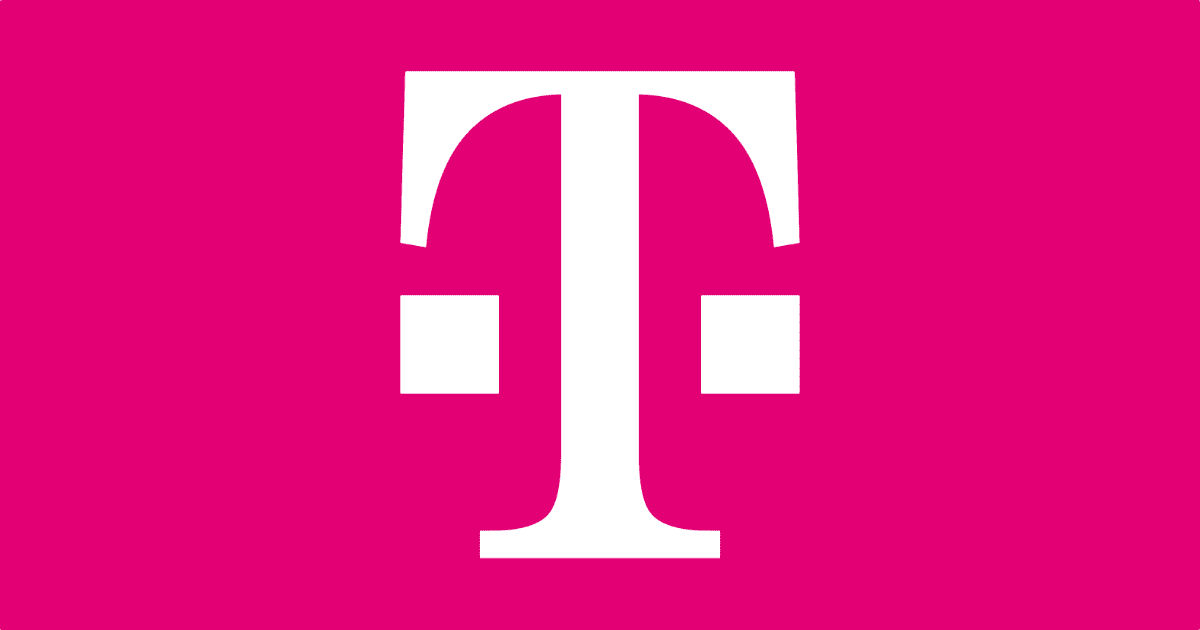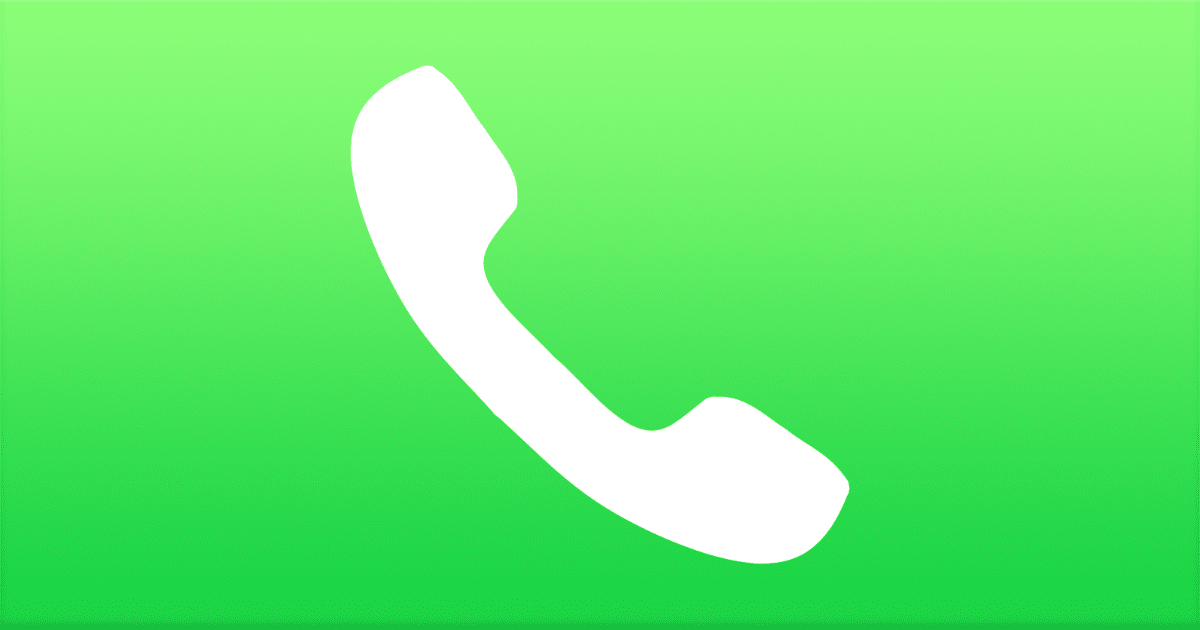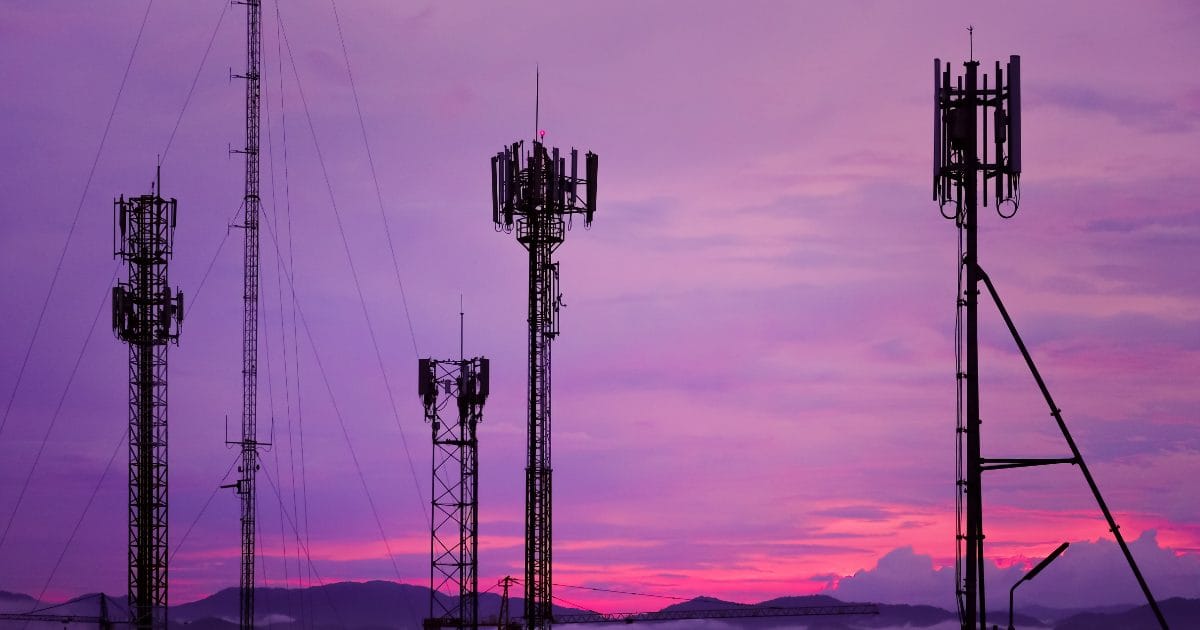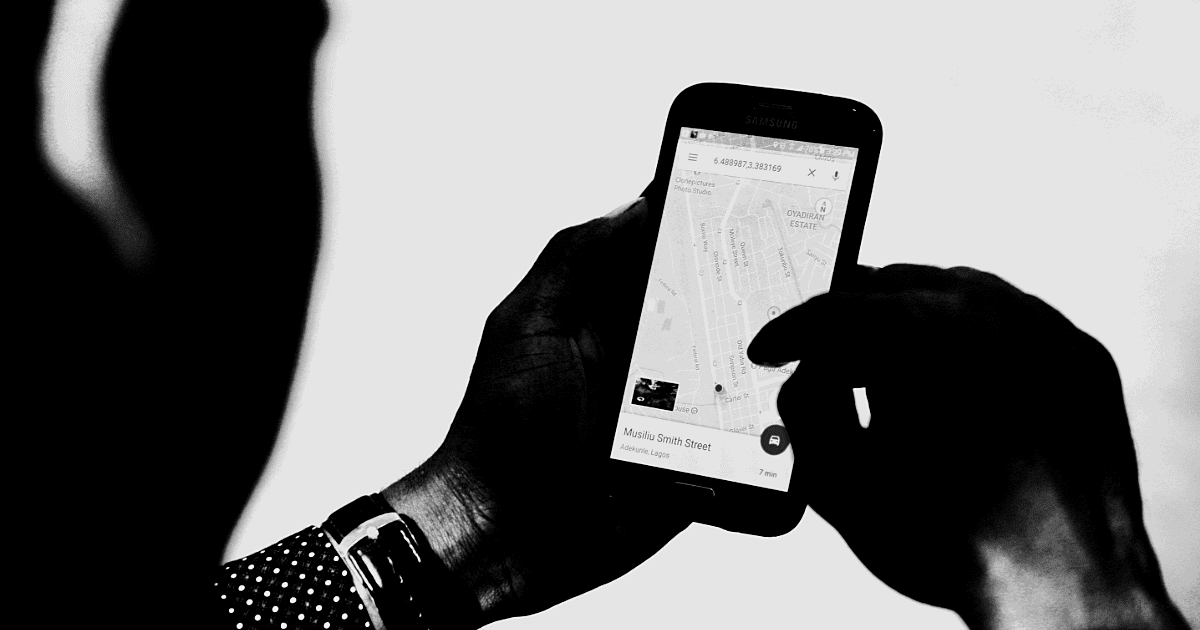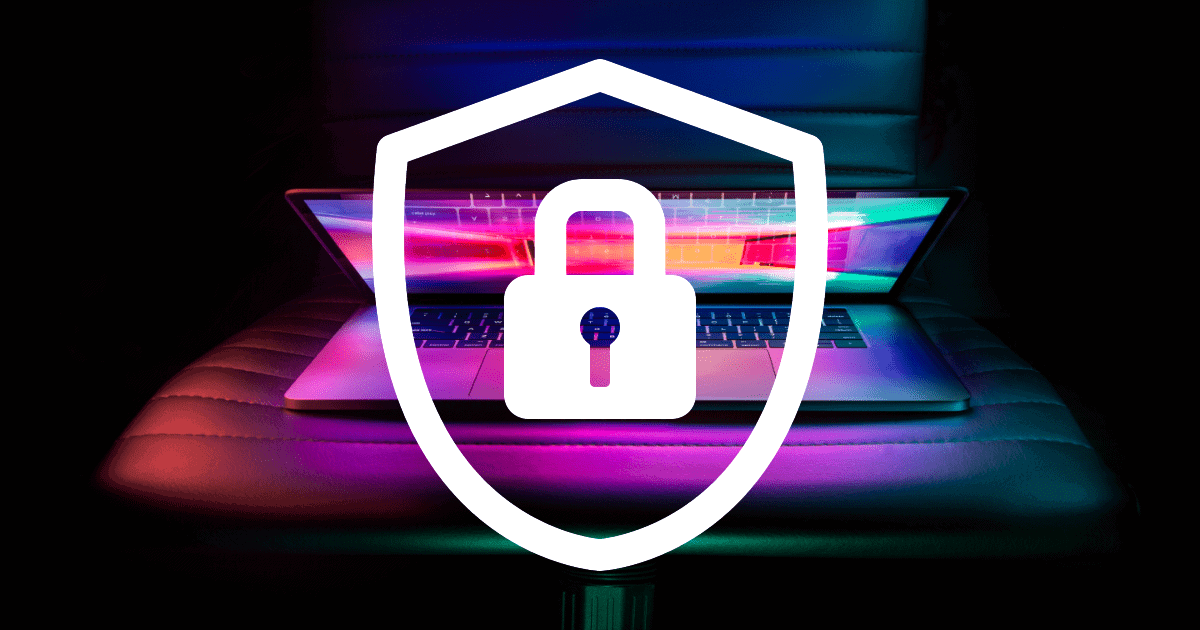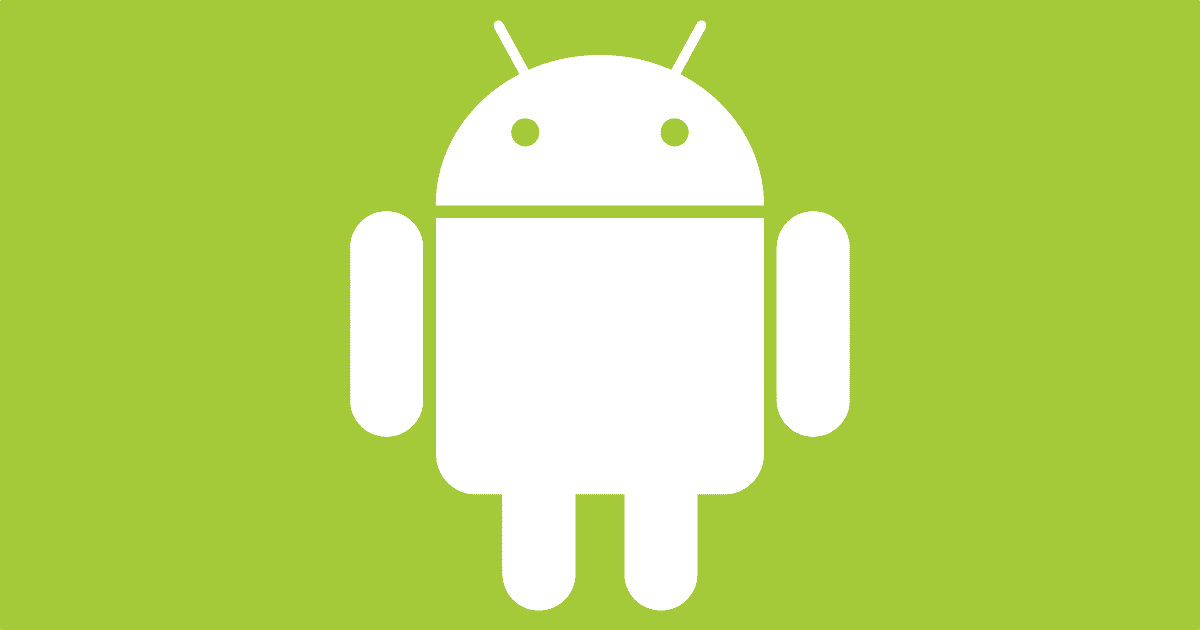FCC Chairman Ajit Pai proposed new rules today that would require companies to authenticate calls with the STIR/SHAKEN protocol.
Carriers
Carriers Could be Fined $200M For Selling Location Data
The FCC is preparing to fine four major cellular carriers roughly US$200 million for selling location data of customers.
FCC Unsure Whether to Punish Carriers for Selling Location Data
Two years ago we found out that US carriers were selling real-time location data of its customers. The FCC has wrapped up its investigation, and maybe it will punish the carriers…or maybe not. Who knows? Chairman Ajit Pai doesn’t.
Pai’s statement went on: “Accordingly, in the coming days, I intend to circulate to my fellow Commissioners for their consideration one or more Notice(s) of Apparent Liability for Forfeiture in connection with the apparent violation(s). We are unable to provide additional information about any pending enforcement action(s) beyond what is stated in the letter.”
If that seems unusual vague: that “one or more” mobile operators “apparently violated” the law by selling location data, you’re not the only one.
Here’s What the ‘Race to 5G’ Really Means
Karl Bode writes about corporations talking about the “race to 5G”, saying that it’s more like a race to bigger profits.
The “race” rhetoric is largely an illusion created by companies eager to do the bare minimum in exchange for as many subsidies, regulatory favors and tax breaks they can grab. This mindless regulatory capture has resulted in a US Telecom sector that routinely ranks in the middle of the pack in every metric that matters. While 5G will be a good thing when deployed at scale, it’s foolish to think the new wireless technical standard will address the deeper rot that plagues the sector.
Over 90% of Postpaid Phones Sold are Apple and Samsung
Over 90% of the postpaid phones sold at the Big Four carrier stores in the U.S. are either iPhones or Samsung phones.
Apple and Samsung together sold 94 percent of phones at Verizon stores, 95 percent at AT&T stores, 94 percent at Sprint stores, and 91 percent at T-Mobile stores, according to the report. The most popular phone at all four carriers in December was the iPhone 11, the firm says. The top-selling Samsung Phone was the Galaxy S10.
I’d say it’s probably because the price of most iPhones and Samsungs are high enough to where the stores can make money off them.
Visible Introduces Multi-Line Party Pay Feature
Visible is back with another way to save customers money. It’s called Party Pay and it can lower your bill.
Apple Card Customers Get 24-Month iPhone Financing
Yesterday during Apple’s earnings call one of the announcements was about iPhone financing. Apple Card customers can get 24-month financing.
T-Mobile Offers Free Mobile Hotspot For Customers of Other Carriers
T-Mobile is offering the customers of other carriers a deal: A free mobile hotspot with a free data plan lasting 30 days or 30 GB, whichever comes first.
50 Attorneys General and 12 Carriers Want to End Robocalling
The attorneys general of every state along with 12 carriers announced a plan to end robocalling. But it’s not legally binding, nor is there a deadline.
Which Carrier Really Has 'America's Best Network"?
Every carrier at one point seems to be crowned “America’s Best Network” but which one is actually the best? It turns out that the companies that perform these tests use different methodologies and so reach different conclusions.
In recent weeks, three key studies have reached conflicting conclusions about the top four nationwide carriers, which includes Sprint. But reports by RootMetrics, OpenSignal, and PCMag that, respectively, gave top honors to Verizon, T-Mobile, and AT&T aren’t wrong—not if you understand how they were put together.
Sprint BYOD Plan Gives You Unlimited for $25 per Month
A new Sprint BYOD deal offers customers unlimited wireless for US$25/month if you bring your own iPhone or Android phone.
Carriers Have Stopped Selling Location Data...We Think
Major carriers in the U.S., like AT&T, T-Mobile, and Verizon claim they’ve stopped selling user data. AT&T says it also wasn’t illegal.
FCC Wants Carriers to Automatically Block Robocalls By Default
The FCC is calling on carriers to start automatically blocking robocalls by default, for free. So far the agency this isn’t a requirement.
Carriers Fight Bill That Would Stop Them Throttling Data of Public Safety
Carriers oppose a recently passed bill that would stop them from throttling the data of public safety—like firefighters—during emergencies.
More T-Mobile Location Data Abuses
In response to a letter from Senator Ron Wyden, T-Mobile has come forth with more location data abuses by third parties.
Review: Visible is a New Prepaid Carrier Using Verizon’s Network
Visible is an MVNO that leases Verizon’s network to offer a US$40/month phone plan. But Andrew keeps having problems with texting.
3 Security Flaws in 4G, 5G That Could Affect iPhones
Three security flaws found in 4G and 5G networks could be used to intercept phone calls and track peoples’ location.
5G T-Mobile Won't Launch Until Later This Year
Most smartphones coming out are designed to work on higher frequency cellular bands. But there aren’t any current phones that work on the 600MHz band.
Comparing Android Security Versus iOS Security
Keiran Dennie tweeted an interesting chart that compares the security of various smartphone operating systems.
Wondering about Android and Apple phone security? Here’s an objective chart to help you decide.
It’s a well known fact of Android that people have to rely on their carrier to push out security updates. This can take weeks, months, and sometimes they don’t get released at all.
What Phone Tethering is, And How to Use It
You might have heard of the term “phone tethering” before. In case you didn’t know what it meant, David Nield put together a guide explaining the term and how to use it.
We’re going to focus largely on wifi tethering here—creating a wifi hotspot from your phone or tablet—but you do have other options. If you’ve got a spare USB cable you can create a more stable connection between laptop and mobile device, or you can tether via Bluetooth, which is significantly slower but less taxing on battery life.
I’ll put an addendum here. Tethering depends on your carrier, and some carriers don’t allow it, like prepaid carriers. I used to use Net10 and I couldn’t use create a Wi-Fi hotspot.
Verizon Wants You to Forget it Throttled Firefighters' Phone Data
Verizon doesn’t want you to remember when it throttled the cellular data of first responders during the California wildfires.
In 2018 Americans Got 26.3B Robo Calls
Hiya, a spam-blocking app analyzed 450,000 of its users to figure out how big of a problem robo calls are.
More on the Bounty Hunter Location Data Story
There’s more to the bounty hunter location data story that Motherboard reported on earlier this month. One of the data brokers involved was Zumigo.
Korean FTC to Let Apple Respond to Unfair Practices
The Korean FTC has found Apple guilty of unfair practices in its dealings with carriers, but it will let Apple respond.
